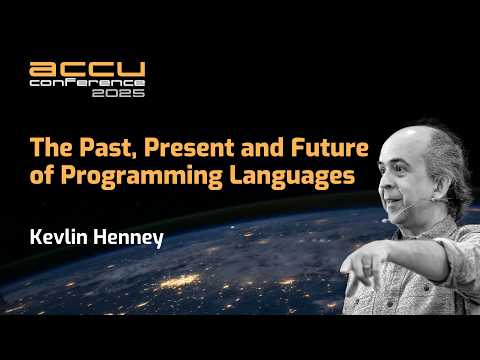By Kevlin Henney
Programming languages are a halfway house between the metal and the mind, a bridge between the world of circuits and the world of applications, the engineered and the social. Programming languages are the medium through which developers codify systems and fragments. In each programming language is embedded a philosophy (or many) of how to think about code, how to organise thoughts, how to design. Programming languages also define skillsets, ecosystems, jobs, loyalties and communities.
When we think of software and technology we often think in terms of progress and rapid change. Programming languages, however, typically move at a far slower pace. Mainstream languages are still embracing ideas that are decades old. Constructs that developers welcome as new to their language of choice are often older than the developers themselves. And over all this hangs the question, what of the future? How will current trends, from FOSS to LLMs, shape programming languages and their use? In this talk, we will take a tour of the past, present and future of programming languages.












